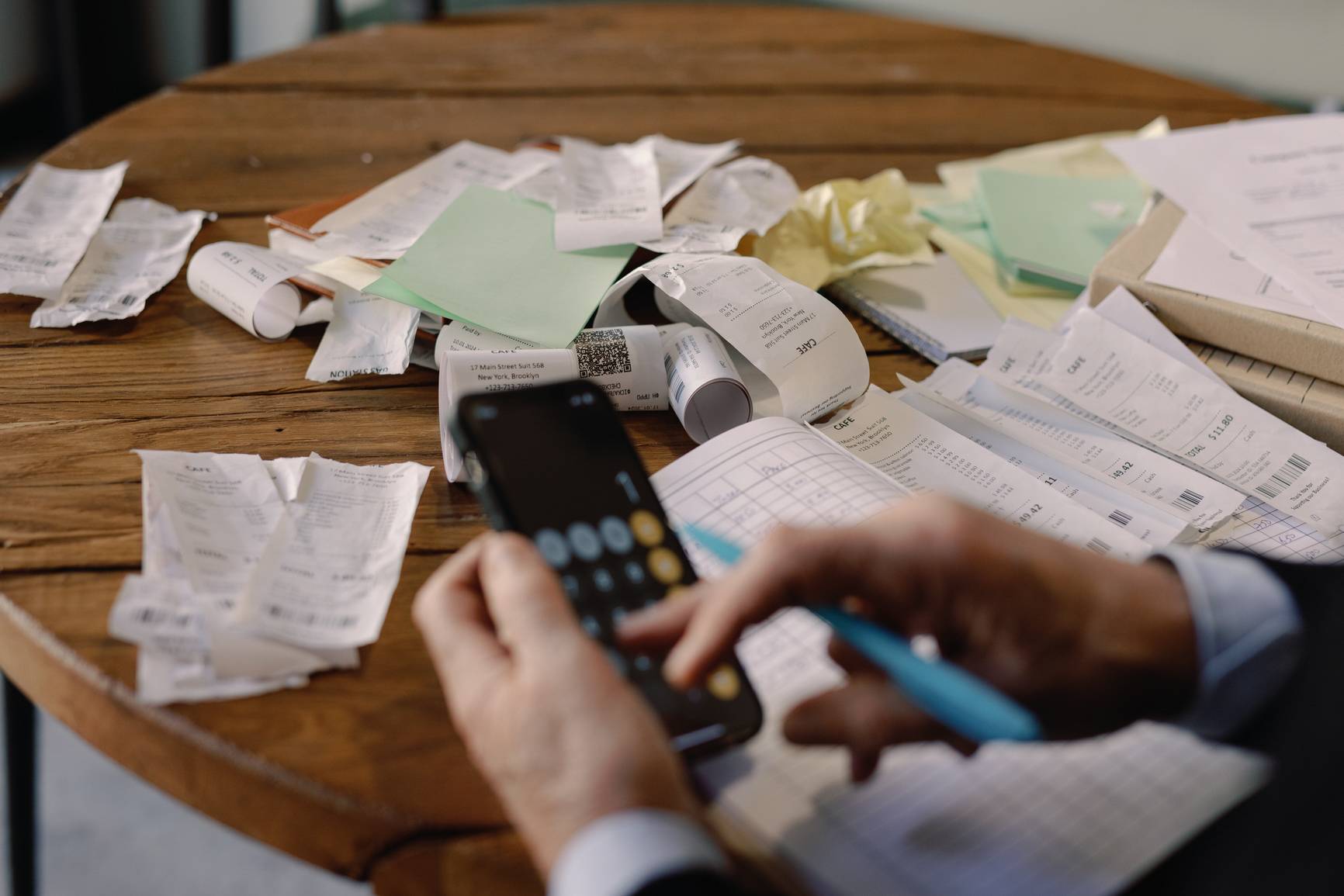Debt vs. Budget Problems: Key Differences Explained

Money can sometimes feel like one big, hard hike that you, alone, must conquer. Usually, when attempting a hike, the trail will have markers to help you – but oftentimes, they can be hard to solve or even outdated.
Similar to markers on a long hike, there actually are some signs that can give you insight into a common money question – do I have a debt or a budget problem? But first, let’s dig into the difference between the two.
Unmanageable debt vs. budget problems
A debt problem is when you owe a large amount of money that feels overwhelming. Unmanageable debt can look like having trouble repaying your bills, and the amount you owe keeps growing.
On the other hand, a budget problem is when you spend more than what you earn, which is called “running on a deficit.” It happens when you’re not paying attention to how much you’re spending and not putting money aside for the future.
How do you know if you have a debt or a budget problem?
Now that you know the difference between debt and budget problems, here are five ways to help you determine which issue you might be facing:
1. Track your expenses
Start by keeping track of your spending by choosing a method that works best for you. Some people swear by a certain app, while others write down their purchases – but the most important thing is that you write down everything you’re spending on.
“Track your daily expenses for at least a month,” said Sonya Strand, a Licensed Insolvency Trustee with Farber for 15 years. “That’s going to give you your baseline as to what you can absolutely manage without tapping into credit.”
At the end of the month, look at your expenses. If your spending exceeds your income consistently, it could be a sign of a budget problem. But, if you’re struggling to make minimum debt payments, you may have a debt problem.
2. Calculate your debt-to-income ratio
Your debt-to-income ratio is another useful way to assess your financial health.
Add up all your monthly debt payments (credit cards, loans, mortgages) and divide it by your monthly income. If the number is higher than 36%, you may have a debt problem, as a significant portion of your income is going toward paying off debt.
3. Review your credit card statements
This month, keep a close eye on your credit card statements. Are you only making the minimum payment on your credit card? Are you constantly maxing them out or using them to cover unexpected expenses? If so, it may be a sign that you’re collecting debt at an unmanageable rate.
On the flip side, if you’re using credit to cover expenses until payday but pay them back in due time, you may have a budgeting problem.
4. Check your savings
Having an emergency fund is crucial to help you handle unexpected financial issues. If you don’t have savings or struggle to save money each month, it could mean you have a budget problem. Without savings, you may need to rely on credit cards or loans when unexpecting expenses arise.
“Circumstances change – the cost of living increases or a loved one gets sick,” said Strand. “That’s why most people should budget because it gives them control over their finances, allows them to meet their goals, and prevents financial turmoil.”
5. Evaluate your financial goals
Are you making progress toward your financial goals, or do you find saving for the things you want impossible? If your financial goals are consistently out of reach, your budget might need an adjustment.
On the other hand, if you’re unable to make any progress due to high debt payments, it could be a sign of a debt problem.
The final word
If you’ve reached the end of the month of tracking and found you’re overspending in multiple areas – it’s time to create a budget.
“A good place to start with managing any unforeseen expenses is to have a budget in place,” said Strand. “People tend to think of it as a money diet when it’s really a plan.”
If you’ve discovered you have a debt problem, a Consumer Proposal may be a good option to consider. A Consumer Proposal is a legally binding document that can only be submitted on your behalf by an LIT, like Sonya, and is regulated by the Canadian Government. It can reduce your debt by up to 80% of what you owe, and the rest is combined into one monthly payment based on what you can actually afford.
If you’re feeling overwhelmed by your debt and you need help figuring out where to start, contact us at Farber today. We’re here to give you the tools to help you feel confident and relieved that a solution for your debt is possible.
Get out of debt
We offer a powerful debt-relief solution that can significantly reduce your debt without the drawbacks of declaring bankruptcy.
Take the first step
Book a free, confidential, no-obligation consultation and together, we can make a plan to help regain control of your money.
What you need to know
Although debt can be overwhelming, there are ways to start fresh and improve your relationship with money.